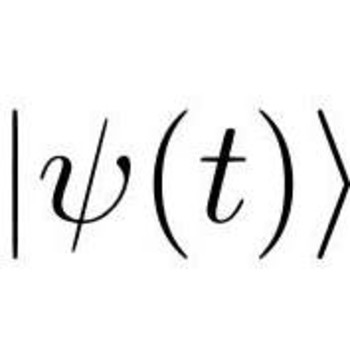What causes nuclear decay?
1 Answer
Unstable nuclei
Explanation:
Unstable nuclei cause nuclear decay. When an atom has too many protons or neutrons compared to the other, it will decay by two types, alpha and beta, depending on the case.
If the atom is light-weight and has not too many protons and neutrons, it is likely to undergo beta decay.
If the atom is heavy, like the superheavy elements (element
In alpha decay, a nucleus emits out an alpha particle, or a helium-
There are two types of beta decay, beta-plus and beta-minus. In beta-minus decay, an atom converts one of its neutrons into a proton, while releasing an electron
In beta-plus decay, an atom converts one of its protons into a neutron, while releasing a positron

